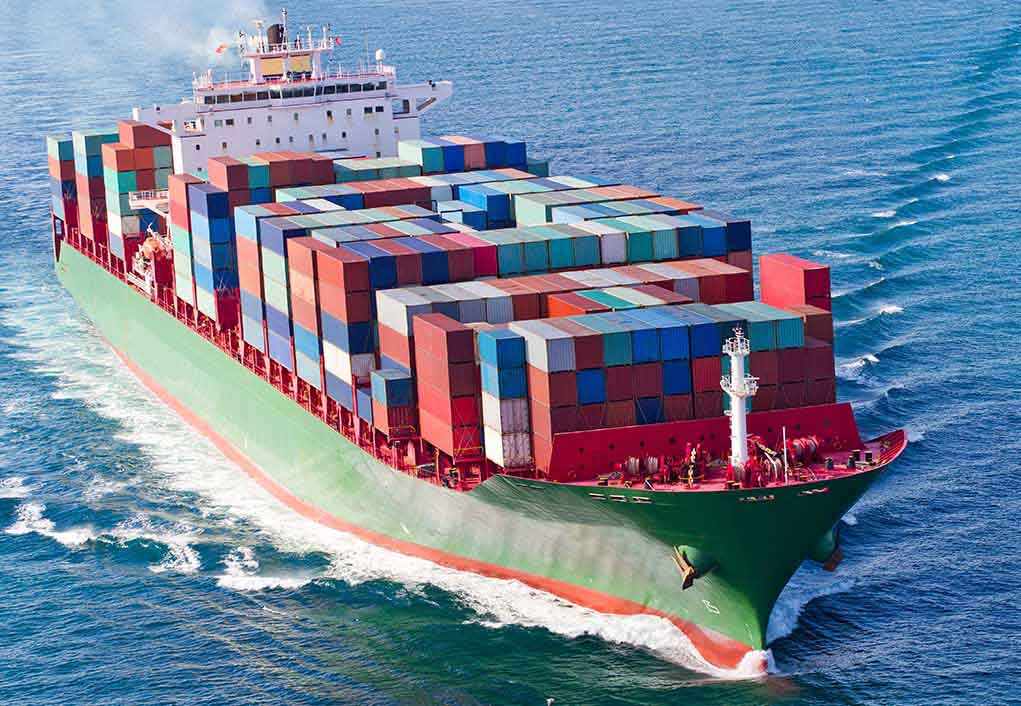
Nearly 70 shipping containers plunged from a Chinese cargo ship into the Port of Long Beach, raising urgent questions about port safety and America’s economic vulnerabilities under globalist trade dependence.
Story Snapshot
- Sixty-seven containers fell from the cargo vessel Mississippi at berth in the Port of Long Beach, temporarily shutting down cargo operations.
- No injuries or immediate pollution, but a port anti-pollution vessel was struck and recovery is ongoing as investigators probe the cause.
- The incident exposes risks in U.S. supply chains and pressures on critical infrastructure at a major American chokepoint.
- Authorities and stakeholders face scrutiny over safety, operational integrity, and the broader impact on American consumers and businesses.
Major Container Spill Disrupts Critical U.S. Port Operations
On the morning of September 9, 2025, the cargo ship Mississippi, recently arrived from China, lost nearly 70 shipping containers during routine unloading at Pier G in California’s Port of Long Beach. The incident occurred while the vessel was berthed, not out at sea, and led to an immediate suspension of cargo operations at one of America’s busiest ports. Emergency responders, including the U.S. Coast Guard and local teams, quickly formed a Unified Command to contain the situation and begin recovery efforts. Notably, an on-site anti-pollution vessel was struck by falling containers, though no injuries or pollution were reported. This event has forced a pause in operations at a critical entry point for U.S. imports, with potential ripple effects for American businesses and families that rely on timely, affordable goods.
The Port of Long Beach, handling roughly 40% of America’s containerized shipping alongside its neighbor in Los Angeles, is a linchpin of the nation’s supply chain. Disruptions at this chokepoint can cascade into nationwide shortages or delays, underlining the vulnerability created by heavy reliance on foreign imports—especially from adversarial or unstable regimes. The Mississippi, flagged in Portugal and arriving from China, exemplifies how global trade dependencies expose the U.S. to operational and economic risks. While large container spills at berth are rare, this incident is a stark reminder of the hazards posed by high-volume operations, aging infrastructure, and the intense pressure to keep goods moving—often at the expense of safety or proper oversight.
Stakeholder Response and Ongoing Investigation
Authorities have prioritized immediate safety and recovery, with the Unified Command working to secure containers and clear hazards from the water. The Coast Guard and port officials have launched a comprehensive investigation focusing on unloading procedures, equipment functionality, and possible human error. Attention has turned to whether crane malfunctions, lashing failures, or rushed operations contributed to the spill. The involvement of the port’s anti-pollution vessel, which was damaged by falling containers, underlines the need for robust safety and environmental planning. Cargo owners face financial uncertainty as goods remain underwater or delayed, while the port and vessel operator confront reputational and possibly legal consequences pending the investigation’s outcome.
Industry experts point out that while container loss at sea is more common, a spill of this scale at berth should prompt a thorough review of existing protocols. Past incidents have led to changes in crane operation standards and vessel stability checks, but the relentless pressure to speed up unloading at major ports continues to test the limits of infrastructure and personnel. Experts caution that without vigilant enforcement of safety procedures—and investment in modernizing equipment—the risk of similar incidents will persist, threatening both the economy and the environment.
Broader Implications for American Security and Values
The fallout from the Mississippi incident extends beyond immediate operational challenges. For American consumers and businesses, any delay or loss in the supply chain can mean higher prices, product shortages, and economic instability. This event also highlights how globalism and unchecked reliance on foreign shipping exposes U.S. families to risks beyond their control, reinforcing concerns about national self-sufficiency and secure borders. While no pollution or injuries were reported, the potential for environmental harm remains whenever hazardous cargo is involved. The scrutiny now facing the Port of Long Beach, its operators, and regulators is a call to action for serious investment in domestic infrastructure, stricter safety enforcement, and reduced dependence on overseas imports—measures that align with the core conservative values of self-reliance, accountability, and protection of American interests.
Dramatic video shows shipping containers toppling off cargo ship in Californiahttps://t.co/ptf9kOoVdf
— Trump#45&47 (@Trump47ismyHero) September 10, 2025
As recovery and investigation continue, this large-scale container spill serves as a warning sign: without renewed focus on strengthening critical infrastructure and restoring control over America’s supply chains, similar incidents could become more frequent. Policymakers, industry leaders, and vigilant citizens must demand transparency, responsibility, and real solutions to safeguard the nation’s economic security and uphold the values that keep America strong.
Sources:
Unified Command Responds to Fallen Containers at the Port of Long Beach – Port of Long Beach
Port of Long Beach – Official Site











